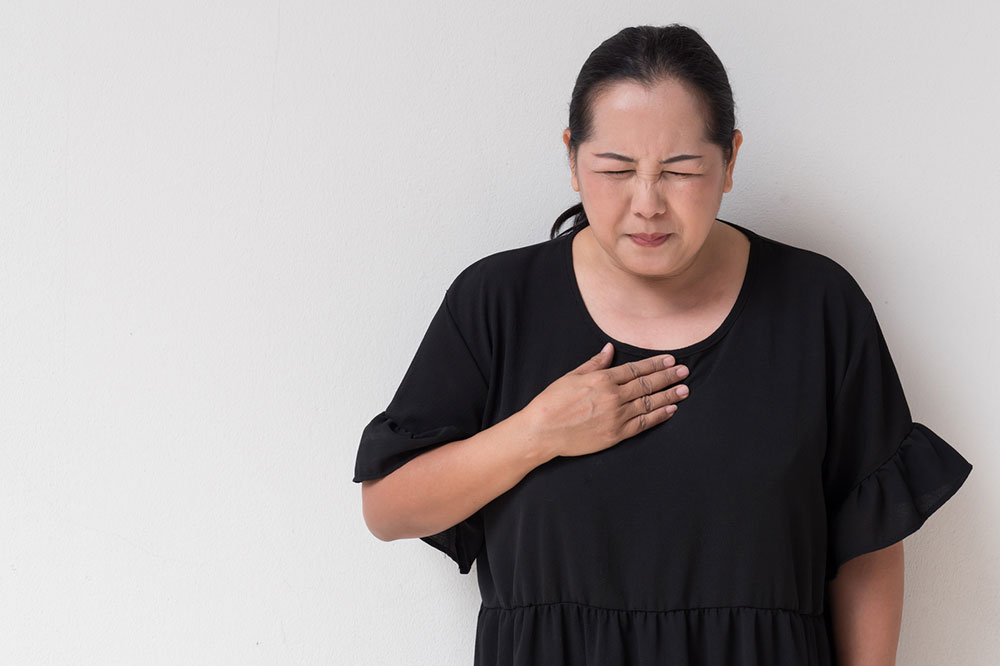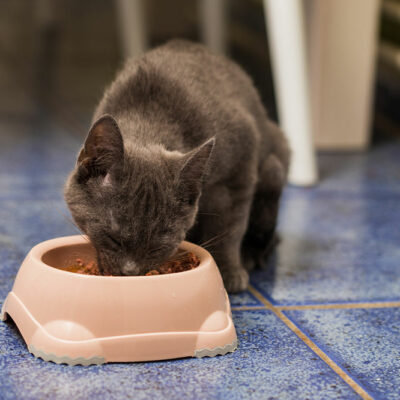
6 Ways to Manage GERD Effectively
A person with gastroesophageal reflux disease (GERD) suffers from recurring acid reflux. In this condition, the acid in the stomach often makes its way up into the esophagus. Over time this can damage the esophagus’ lining. Few lifestyle changes, however, can manage symptoms of GERD. Making good dietary decisions like avoiding a few foods can treat acid reflux. Even simple measures like altering the way we eat can make one healthier. Here are six lifestyle tips for managing GERD symptoms.
- Avoid foods that trigger reflux
This is the most necessary lifestyle shift to make. Few foods, including chocolate, caffeinated beverages, sodas, fries, fatty, and spicy food, create acid reflux in the body. By eliminating these foods, one can reduce acid formation in the stomach. It can also relieve the esophagus of irritation that is caused by GERD. Effective dietary changes can go a long way in treating GERD. - Maintain posture after eating
Food is digested better when the body is in an upright posture after a meal. So, sit straight or do some light walking after eating. This reduces the chances of acid reflux. Also, wait for two hours until you lie down after a meal. This ensures that the matter in the stomach doesn’t flow into the esophagus. - Use a triangular wedge while sleeping
A triangular wedge pillow can prevent acid from creeping into the esophagus while you sleep. It elevates the head, shoulders, and torso to manage acid reflux. This reduces the chances of a heartburn too, which can otherwise occur at night due to GERD. A triangular wedge also decreases the tension on the neck and head and improves sleep. Alternatively, an additional pillow might do the trick too. The key is in raising the head a little to prevent reflux. - Eat small light meals
Large meals are tough for the stomach to digest, which leads to acid formation. Instead, have meals of smaller proportions that are light on the stomach. This puts less pressure on the lower esophagus and also decreases chances of heartburn. - Eat dinner at the right time
The time between having dinner and sleeping can make a big difference in GERD symptoms. This gap should be at least two to three hours long. This will ensure that the stomach has enough time to digest the food. This lifestyle change also means that midnight snacking is off the table. - Avoid smoking
Smoking can be toxic for those with GERD. It increases acid in the stomach, harming the lower esophageal sphincter, preventing it from functioning well, which may significantly increase the chances of heartburn. Smoking also reduces saliva formation, which neutralizes the effect of acid on the body. It is thus essential to avoid smoking in order to prevent complications from GERD.


